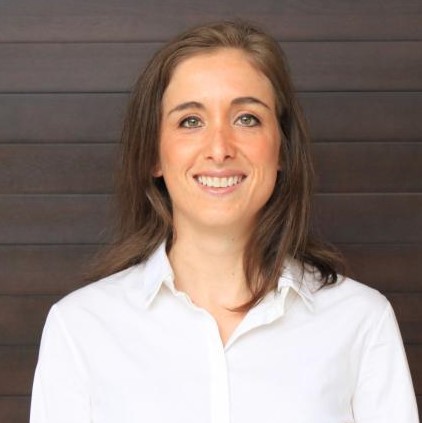
What’s the best way to talk to someone who says they plan to avoid getting the COVID-19 vaccines?
Bombarding them with facts and arguments is not the best way to go as it will only make them defensive, argues Prof. Maya Goldenberg of the University of Guelph’s Department of Philosophy.
Goldenberg specializes in the philosophy of science and medicine and has long examined why some people become wary of medicine or science.
She advises that when speaking to loved ones who are worried about the vaccines, the focus should be on listening to their concerns and speaking with kindness, rather than trying to be “right” about science.
“We need the support of our loved ones during difficult times, but current stress and divisive media and politics surrounding coronavirus response measures has generated the impulse to argue and a lot of fracturing of those usually supportive relationships,” she said.
In a recent interview with the Toronto Star, Goldenberg said the best approach is to ask our loved ones more about their hesitations and actively listen to what they have to say.
Public health experts often err in their messaging about vaccines as well, Goldenberg said.
“Public messages have tended to be overly focused on debunking myths and countering misinformation, rather than addressing the sources of public mistrust that generate vaccine hesitancy and lead people towards questionable health information sources and conspiratorial thinking,” she said.
Goldenberg’s book Vaccine Hesitancy: Public Trust, Expertise, and the War on Science will be released in spring 2021. She is available for interviews.
Contact:
Prof. Maya Goldenberg
mgolden@uoguelph.ca